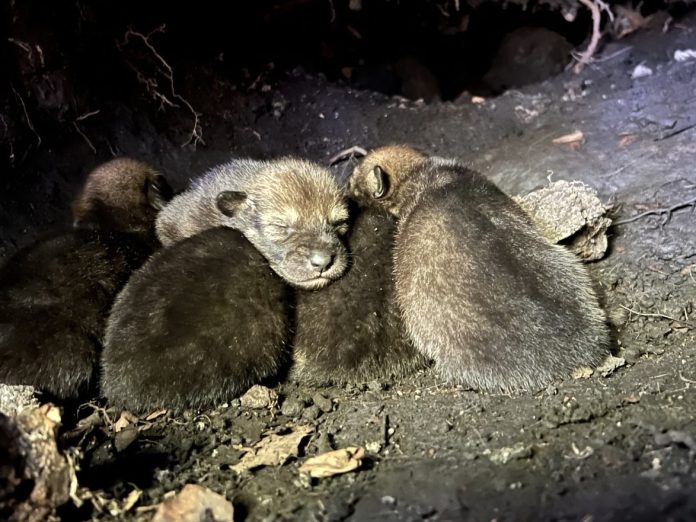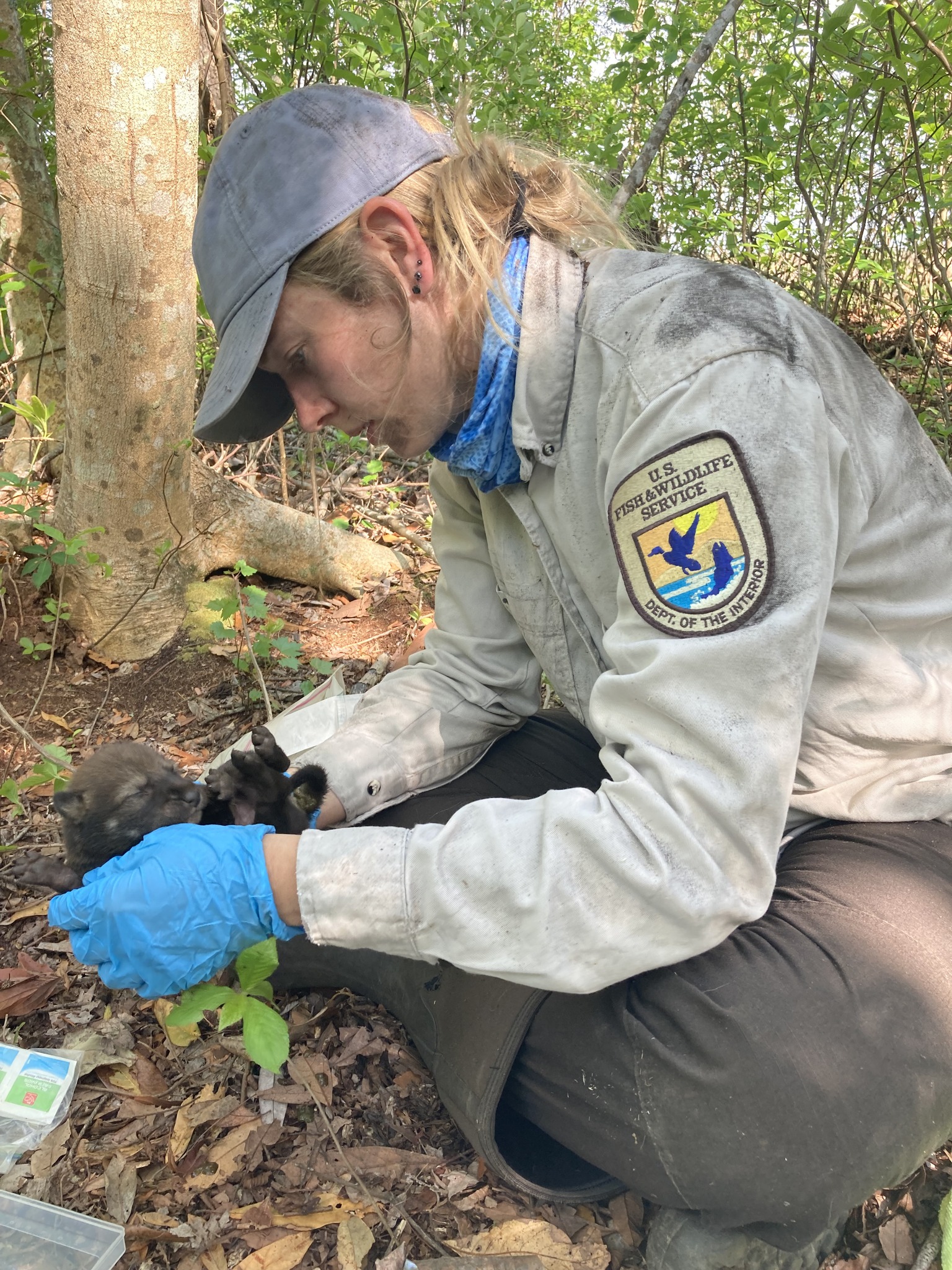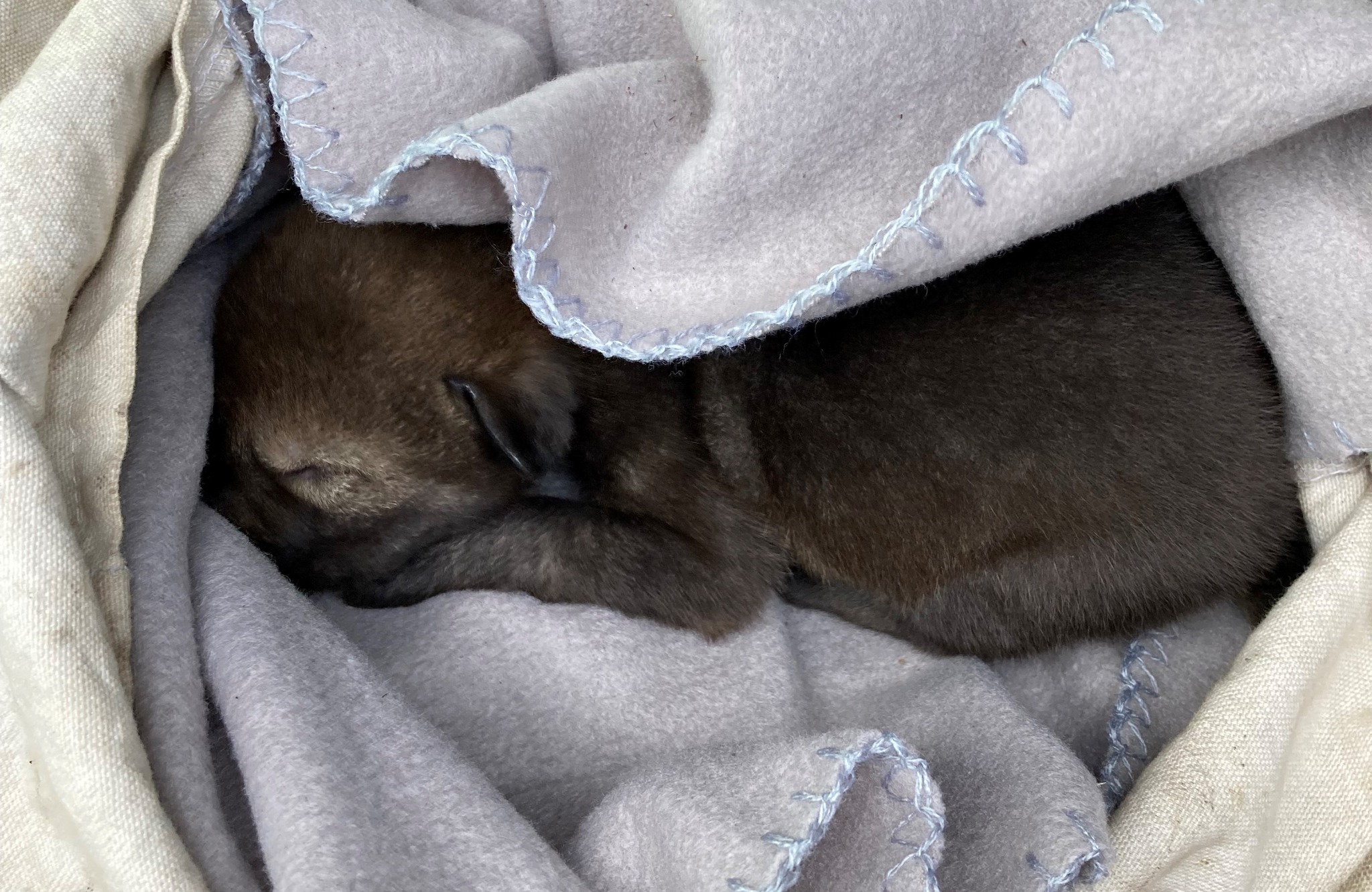
A New Litter Of Endangered Red Wolf Pups Has Been Born In The Wild In North Carolina
By Lauren Lewis
You can help all animals and our planet by choosing compassion on your plate and in your glass. #GoVeg
RELATED ARTICLES
Banning Cruelty: New Legislation Aims To Ban Octopus Farming In The U.S.
New bipartisan legislation has just been introduced in the U.S. to ban commercial octopus farming and prohibit imports of farmed octopus from foreign countries.
The...
Outrage In Yellowstone! Grizzly Bear Killed By Wildlife Officials & Left With Head & Paws Cut Off
Photo by: Trisha McFarland / Cowboy State Daily
A photo of a dead grizzly bear with its head and paws cut off has caused an...
Inside Florida’s Illegal Horse Meat Trade: Undercover Footage Shows Racehorse Being Shot & Butchered
A heart-wrenching discovery of illegal horse slaughter has emerged, with video footage exposing the tragic killing of a racehorse named 'Funny Biz,' who was...
Popular stories
Victory! New York Becomes The 10th State In The U.S. To Ban The Sale Of Cosmetics Tested On Animals
In another historic gain for animal welfare in the United States, New York’s Governor Kathy Hochul signed the New York Cruelty Free Cosmetics Act into law. Beginning...
News
Justice Is Served For Pigs Who Suffered Severe Abuse In Seven-Year-Long Animal Cruelty Case In South Africa
Last month, the NSPCA won a case of animal cruelty against one of the beneficiaries of a government-funded farm in the Free State Province...
News
The European Parliament Votes To Increase Protection Of Endangered Species; Calls For Ending The Illegal Wildlife Trade By 2025
Ahead of the global UN meeting on the Convention on International Trade in Endangered Species (CITES) in Panama which begins on November 14th, the...




